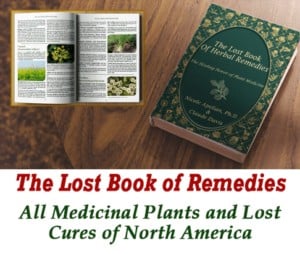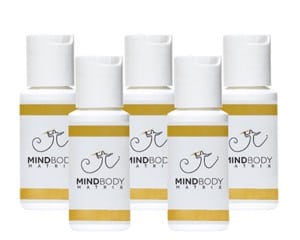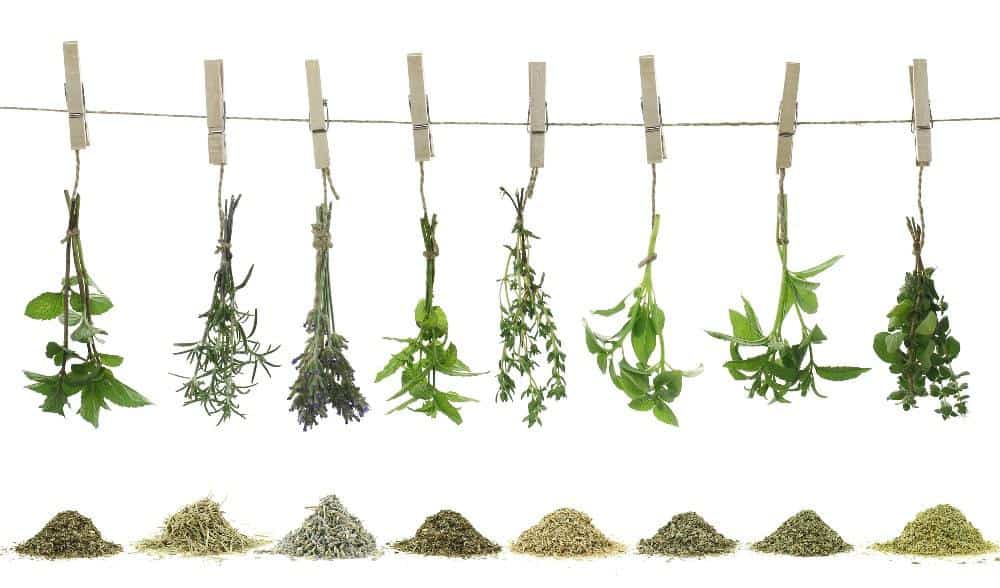
Consumers these days are swamped with processed, pre-packaged meals and snacks. This accessibility of packaged foods and the steadily growing culture of fast food makes healthy, home-cooked meals a rare luxury for most people.
A typical Western diet is high in refined sugar, trans fats, and additives with very few natural ingredients. Unsurprisingly, health issues such as heart disease, diabetes, and digestive problems are on the rise.
Ulcerative colitis, an inflammatory bowel disease, may be caused by excessive trans fat intake. Bloating and constipation may be caused by a diet low in fiber whereas diarrhea may be brought about by indiscriminate use of artificial sweeteners.
While there are plenty of medicines available to correct any digestive issues, turning to natural herbs for digestion ensures that you don’t overwhelm your body with a flood of chemicals.
Going natural allows your body to repair itself. Natural herbs may also have additional immune-boosting effects that you can’t find in your typical drugstore remedies.
Here Are 5 Beneficial Herbs For Digestion:
Ginger
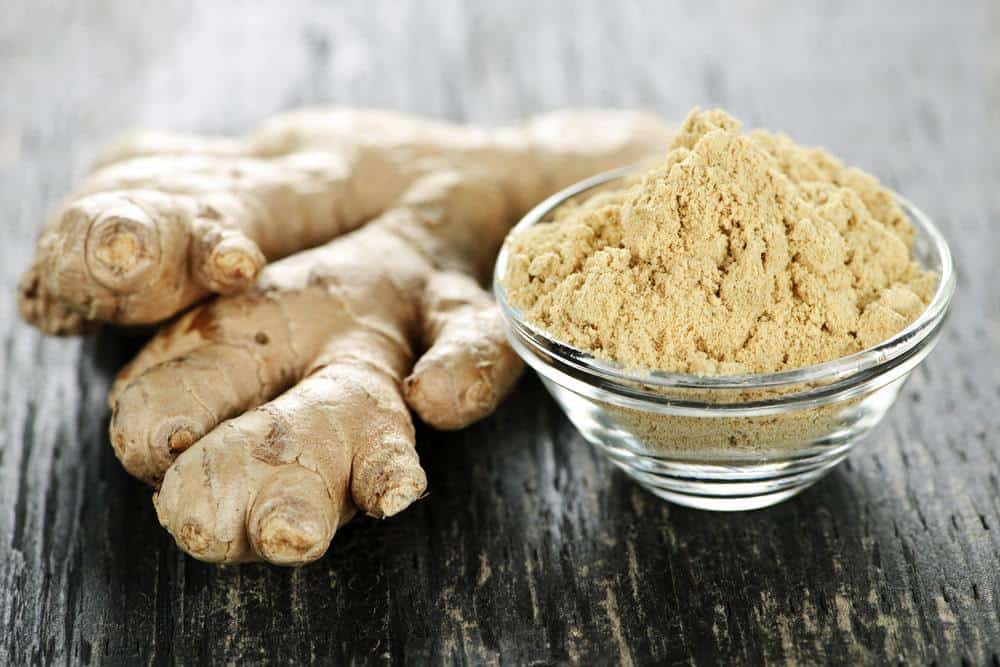
Ginger is a well-known folk treatment for stomach issues and discomfort. This warming herb is proven to help hasten the gastric emptying time, which is the time it takes for food to leave the stomach and enter the small intestine.
Impaired gastric emptying may lead to dyspepsia, nausea, abdominal pain, bloating, and acid reflux. The active compounds in ginger have been examined for their anti-ulcer effects with positive results.
Studies have proven that ginger extracts exert a protective action for ulcers in rats, with promising applications in humans. Ginger is also a natural antibacterial. Hence, it can help reduce harmful bacterial overgrowth in the digestive tract.
Ginger is an effective remedy against nausea. It may be taken raw, boiled in hot water as a tea, or through ready-made ginger tea concoctions.
However, it should be used with caution by pregnant women as it is known to cause miscarriages when taken in high doses.
Turmeric
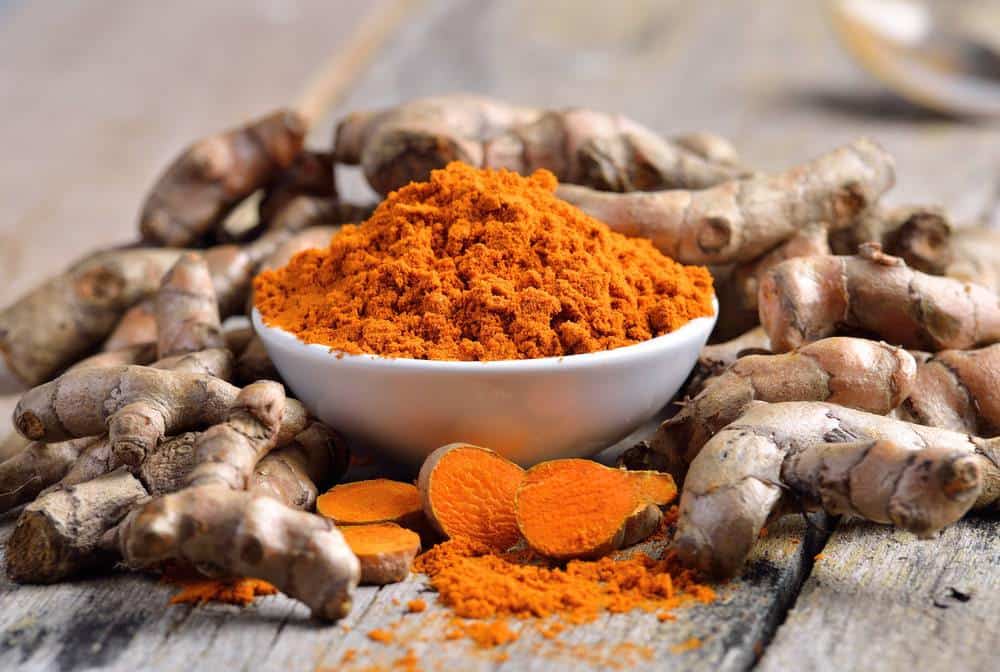
This herb is highly prized for its anti-inflammatory properties, particularly for arthritic conditions. Turmeric is also effective in minimizing bloating and stomach aches.
As a digestive herb, it can help reduce gut inflammation and improve gut permeability. In irritable bowel syndrome, the intestinal walls are more permeable, which allows bacteria and toxins to leak into the bloodstream from the digestive tract.
Turmeric helps to improve the integrity of the digestive tract lining, making it a potentially ideal treatment for irritable bowel syndrome.
Curcumin, the active substance found in turmeric, can improve gut health through its influence on microbial growth in the digestive tract. The ingestion of curcumin has been shown to increase the population of good bacteria, Bifidobacteria and Lactobacilli while reducing the number of bad bacteria, Enterobacteria and Enterococci.
This ability to regulate gut microbes shows that turmeric is a wonderful choice for those who simply want to try taking herbs for digestion.
Dandelion

Dandelions are rich in antioxidants, which may help explain their wide array of health benefits. This herb is used as an anti-inflammatory, diuretic, and blood-sugar-lowering agent. The dandelion root, in particular, is rich in inulin, a prebiotic fiber that serves to nourish good bacteria in the digestive system.
Inulin is beneficial for reducing constipation and improving gut motility, which means that your food can move much more easily through your gut.
Drinking dandelion tea may also protect you against viral and microbial infections. Research shows that dandelion extracts contain natural antibacterial compounds and can reduce the ability of viruses to replicate in vitro.
Though more studies may be needed before we crown dandelion as the next “wonder herb,” there’s no harm in enjoying a cup of dandelion tea or two.
Dandelion is also available in capsules or tablets, though fresh herbs steeped in hot water would be more suitable for digestive issues.
Mint
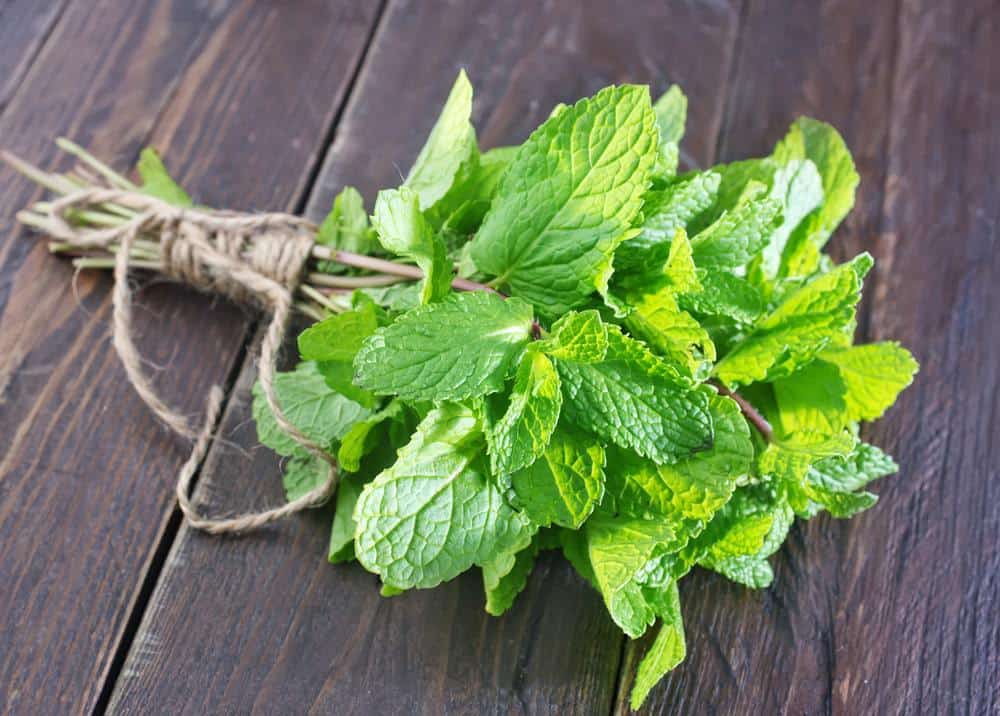
The strong characteristic flavor of mint has led to its inclusion in many consumer products, including our favorite toothpaste. But did you know that mint can help soothe your stomach troubles, too?
Mentha pepperita, known as peppermint, is used to treat abdominal pain. It also helps to treat irritable bowel syndrome by inducing a calming effect on the lining of your gut.
Studies show that peppermint can reduce symptoms of nausea and vomiting, particularly in patients undergoing chemotherapy. Peppermint extracts have also been observed to exert antibacterial effects and can reduce bacterial overgrowth in the mouth.
Having less harmful bacteria in your body allows more room for good bacteria (probiotics) to grow and multiply.
Caution should be used, however, when dealing with mint. It may trigger allergies and asthma symptoms in sensitive individuals. If you discover that you’re allergic to mint, you should avoid it completely, including topical applications.
In addition, peppermint essential oils have a cooling effect on the body, hence indiscriminate use may lead to unwanted chills.
Lemon Balm

This lemon-scented herb comes from the same family that mint does. Its scientific name is Melissa officinalis and it is commonly used to fight stress and sleep disorders. Studies reveal that lemon balm may also treat indigestion, especially when used together with other herbs.
Lemon balm acts as an antispasmodic, helping overactive gut muscles to relax and return to their normal rhythm. Feelings of nausea and motion sickness may also be treated with this soothing herb.
Lemon balm is also used as an analgesic for abdominal pain. For adolescent girls, lemon balm can also address premenstrual syndrome (PMS) by relieving pain during menstruation.
Drinking a cup of hot tea infused with lemon balm is the best way to consume it.
Psyllium Husk
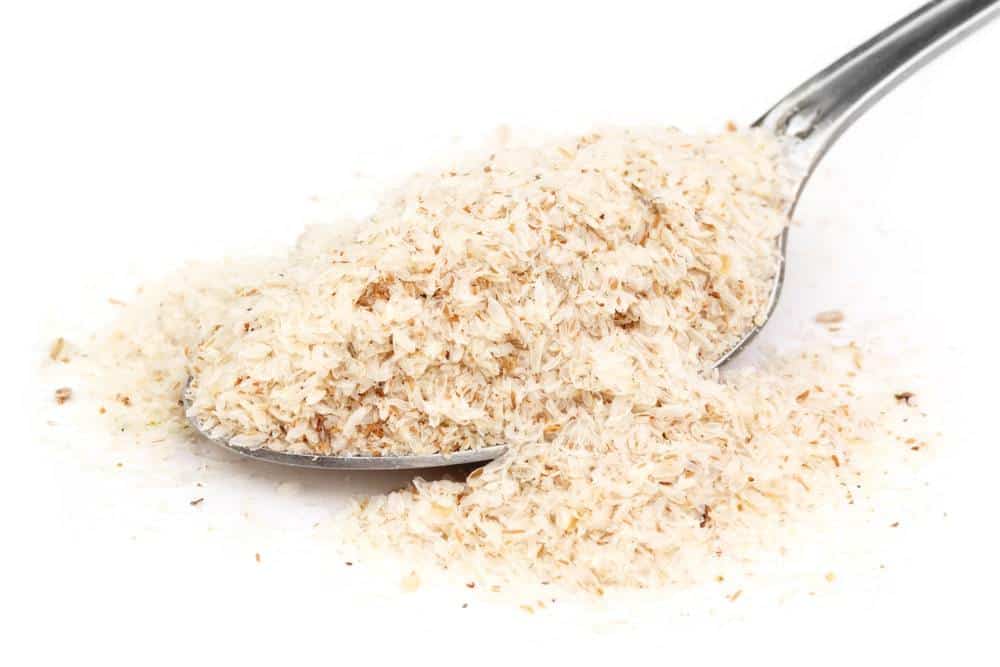
Psyllium husk is one of the most well-known herbs for digestion. Technically, psyllium husk is a bulk-forming laxative made from the seeds of the plant Plantago ovata.
A bulk-forming laxative works by adding substance and weight to your stool. This sends signals to your body that it’s time for a bowel movement.
As a rule of thumb, laxatives should be taken with plenty of water. If you take psyllium husk fiber without increasing your water intake, your stools will be lacking in moisture, making them difficult to pass. Proper intake of fiber and water is essential to prevent hemorrhoids and painful bowels.
Psyllium is a prebiotic and helps to nourish the existing probiotic colonies found in your digestive system. Ensuring a thriving probiotic colony makes you less prone to gut issues and more efficient at digesting your food.
Taking psyllium for the first time may cause bloating and abdominal pain. This typically happens when you suddenly increase your fiber intake. Try a small amount for a few days and gradually increase your dosage until you’re comfortable with how much you’re taking.
If you feel that psyllium husk tastes a bit too earthy for you and you can’t seem to get used to it, you can try switching to a tablet or wafer form. Minimally processed psyllium husk is the most ideal form, but you can try alternatives that you’re more agreeable with.
Fresh, raw herbs steeped in hot water are great natural remedies. Herbal supplements are also widely available for those who can’t get a hold of fresh herbs.
Improve Your Digestion Naturally
Apart from gulping down beneficial herbal teas, there is so much more you can do to help boost your digestion. It may seem like a lot of work but, in time, these small adjustments will improve much more than your gut health. Take time to do the following:
Prepare natural, healthy meals. Choose ingredients with lots of fiber, minimal processing, and less sugar. Even if you can only manage a simple salad, it’s still so much better than getting a fast-food meal in all its saturated fatty glory.
Stay hydrated. Especially if you’re taking in a lot of fiber, keeping yourself hydrated will maintain good digestion and prevent uncomfortable constipation. Drinking water also allows you to cleanse your body and energize your cells.
Not sure what type of water to drink for health? If you’re interested to learn if hydrogen water and alkaline water is the same, here’s all about it.
Avoid saturated and trans-fats. These could clog your arteries and make you sick. Eating too much fatty food could also lead to constipation.
However, your body still needs a good amount of healthy fats to maintain your brain health and to avoid inflammatory diseases. Choose healthy omega-3 fats from natural sources, such as fish, nuts, and seeds.
Exercise! Regular exercise improves blood circulation, which is critical for healthy digestion. You don’t need to go to a gym or buy expensive equipment. Just work around your schedule and find a workout that’s right for you.
Light to moderate exercise along with a wholesome diet can help you achieve and maintain your ideal weight. Have you heard about low impact exercise? It’s a great way to get you started!
Reduce your stress levels. Anxiety and overthinking can cause digestive problems, including ulcers, constipation, and diarrhea. In connection with exercising, you can try relaxing techniques such as yoga to build your physical and mental health. Manage your stress and you will see the improvement in your stomach issues.
Your gut is home to 70% of your natural immunity. Addressing any symptoms and underlying issues is sure to boost your immune system and overall feeling of wellness.
Don’t wait until it’s too late to make a move. Most of the herbs mentioned above are widely available in your local market, grocery store, or even online. Your gut – and the rest of your body – will thank you for taking good care of it.
Related Posts:
Why Gut Health Is Important and How It Affects Your Body
Probiotics – Just A Fad Or Something That You Really Need?
Natural Antibiotics in Food – Most Effective Herbal and Natural Remedies
18 Foods That Boost Immune System Naturally
5 Reasons to Choose a Natural Remedy Over a Prescription Medication



